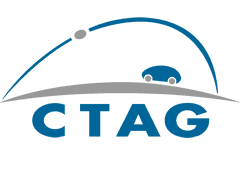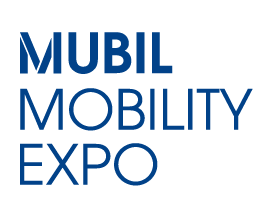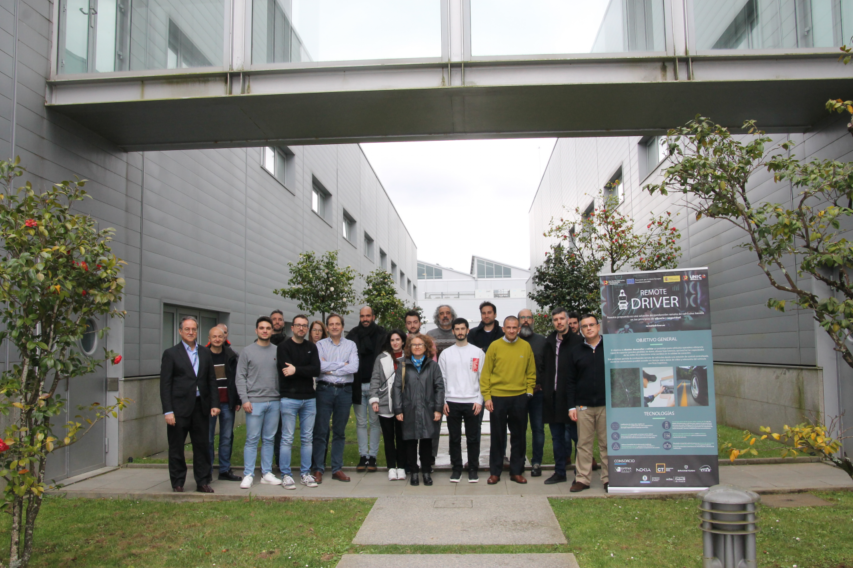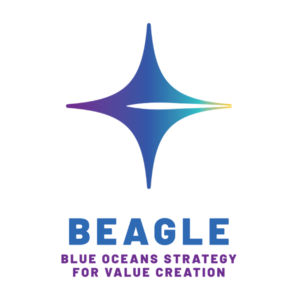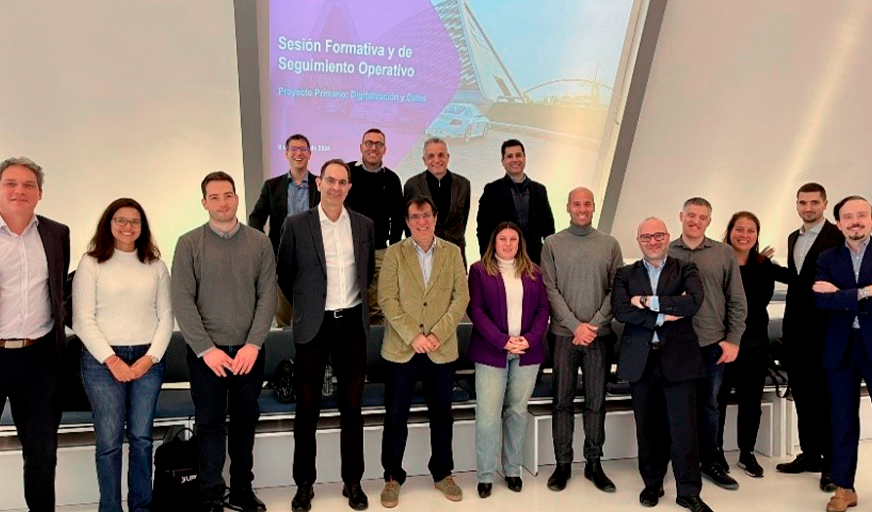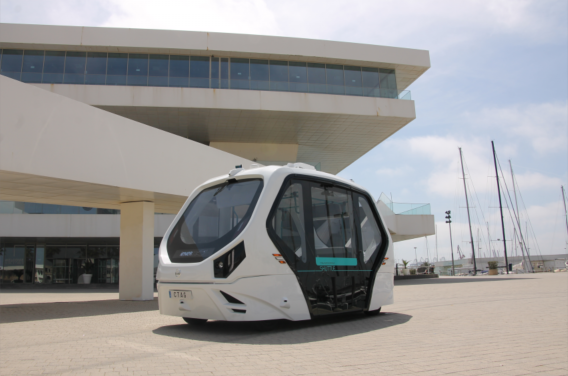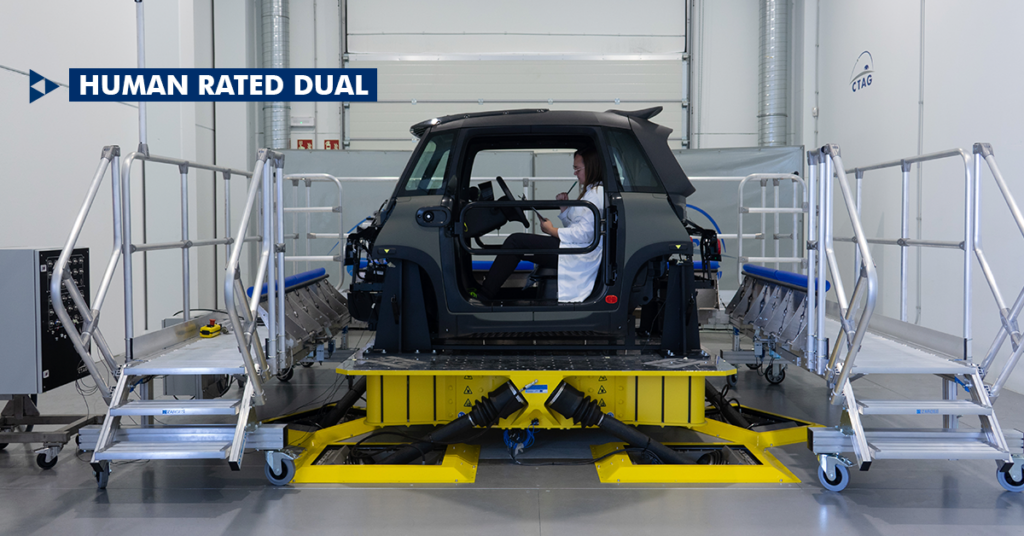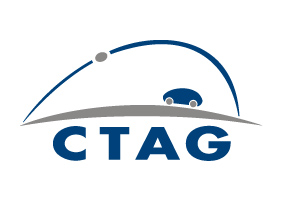After two years since the fair was launched, CTAG will finally be present at this third edition of E-Tech Europe 2024, in Italy.
On 07 and 08 May we will meet with over 250 exhibitors from more than 20 countries to exchange knowledge on batteries and innovative technologies for the production of cars and electric vehicles.
We will be in hall 22 of the Bologna Exhibition Centre, specifically at stand E81, showing some of our innovations in CTAG’s research lines: Sustainable, Autonomous, Intelligent and Connected Mobility | Innovative Materials | Factory of the Future | UX and Comfort.
We will present some of our laboratories, such as the Electromobility Lab, CTAG’s commitment to promote research and development around new propulsion systems, as well as new equipment developed at the centre such as the Human Rated Dual, a state-of-the-art multi-axial equipment for the evaluation of acoustic and vibration comfort, designed for testing both with and without people on board.
If you are interested in arranging a meeting with one of our managers, please send an email to the following address: sales@ctag.com
More information about the event at https://e-tech.show/


